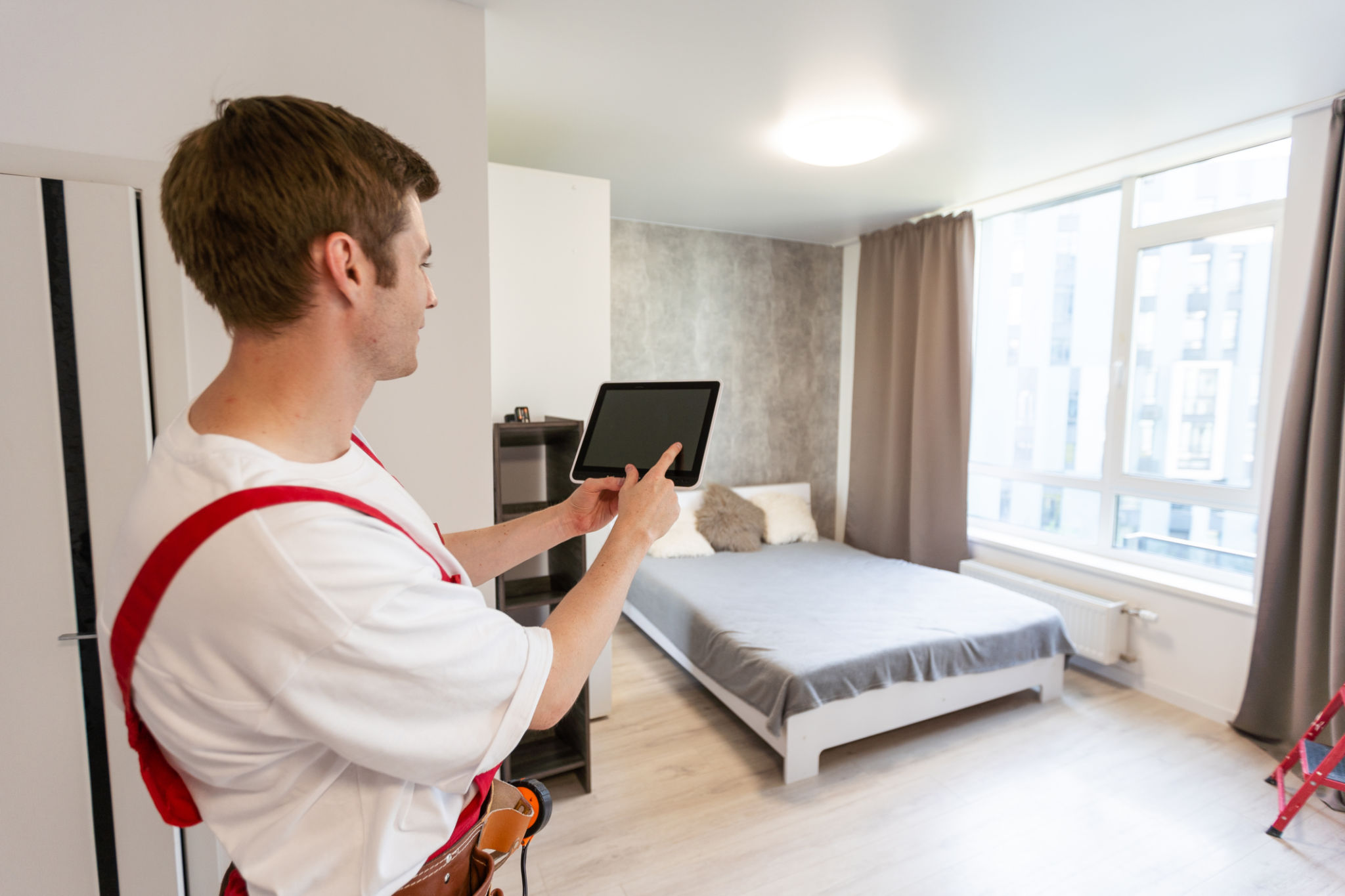How to Choose the Right Smart Home System for Your Needs
AD
Understanding Your Home Automation Needs
When it comes to selecting the right smart home system, understanding your specific needs is crucial. Are you looking for enhanced security, improved energy efficiency, or simply the convenience of controlling everything with your voice? Defining your priorities will help narrow down the choices and ensure you invest in a system that genuinely benefits your lifestyle.
Consider starting with a list of features that are non-negotiable for you. For instance, if security is a top priority, focus on systems offering robust surveillance and alarm capabilities. If entertainment is more your speed, look for integrated audio and visual systems. Knowing what you want can prevent unnecessary spending on features you won't use.

Compatibility and Integration
One of the most important aspects of choosing a smart home system is ensuring compatibility with your existing devices. Many systems are designed to work within specific ecosystems, such as Google Home, Amazon Alexa, or Apple HomeKit. Check to see if the devices you currently own, like smart bulbs, speakers, or thermostats, can seamlessly integrate with the new system.
Integration is key to achieving a truly smart home experience. A unified system allows different devices to communicate and work together, offering a more streamlined and efficient user experience. Make sure the smart home system you choose can support a wide range of devices from various manufacturers.
Ease of Use and Installation
No one wants a complicated setup process or a system that's difficult to use. Look for systems that offer intuitive interfaces and straightforward installation procedures. Some smart home systems are designed for DIY installation, while others may require professional assistance. Consider your comfort level with technology before making a decision.

User-friendly apps and responsive customer support can make all the difference in your smart home experience. Before purchasing, read reviews and watch tutorials to gauge how easy it is to navigate the system's features. A system that is simple to manage will ensure you get the most out of your investment.
Budget Considerations
Smart home systems can vary significantly in price depending on their features and capabilities. Establishing a budget early on can help you make informed decisions and prevent overspending. It's important to remember that more expensive doesn't always mean better; focus on finding a system that offers the features you need at a price you're comfortable with.
Consider starting small with essential components, then gradually expanding your system as needed. Many systems offer modular options, allowing you to add new devices over time without overwhelming your budget.

Security and Privacy
Security and privacy are critical considerations when choosing a smart home system. With increased connectivity comes potential vulnerabilities, so it's essential to select a system that prioritizes data protection. Look for systems with strong encryption, regular software updates, and robust privacy policies.
Research how each system handles data collection and sharing. Opt for providers that are transparent about their practices and offer features like two-factor authentication to enhance security.
Future-Proofing Your Smart Home
The world of smart home technology is rapidly evolving, so it's wise to choose a system that can adapt to future advancements. Investing in a flexible platform that supports updates and new integrations will help ensure your smart home remains cutting-edge over time.
Check if the manufacturer offers regular software updates and if they have a track record of supporting their products long-term. Selecting a future-proof system can save you from costly upgrades or replacements down the line.